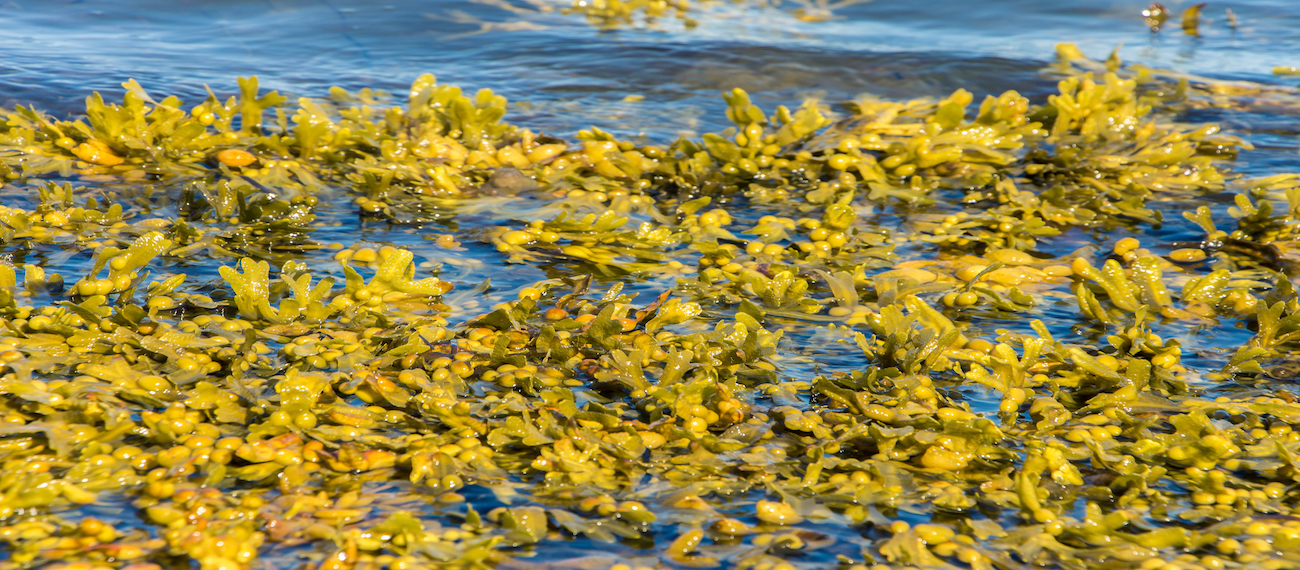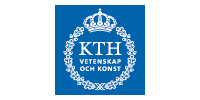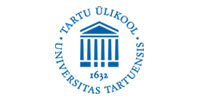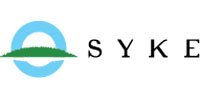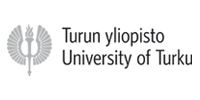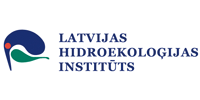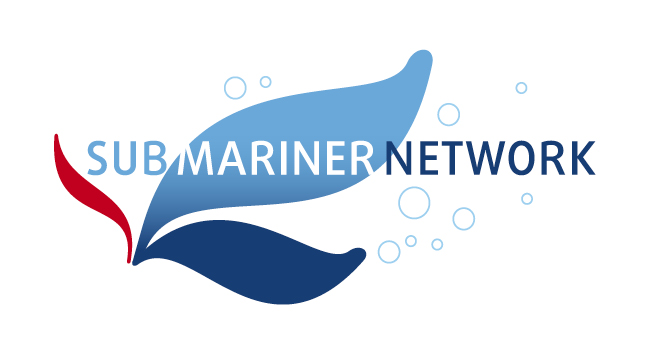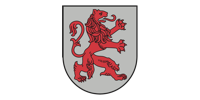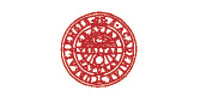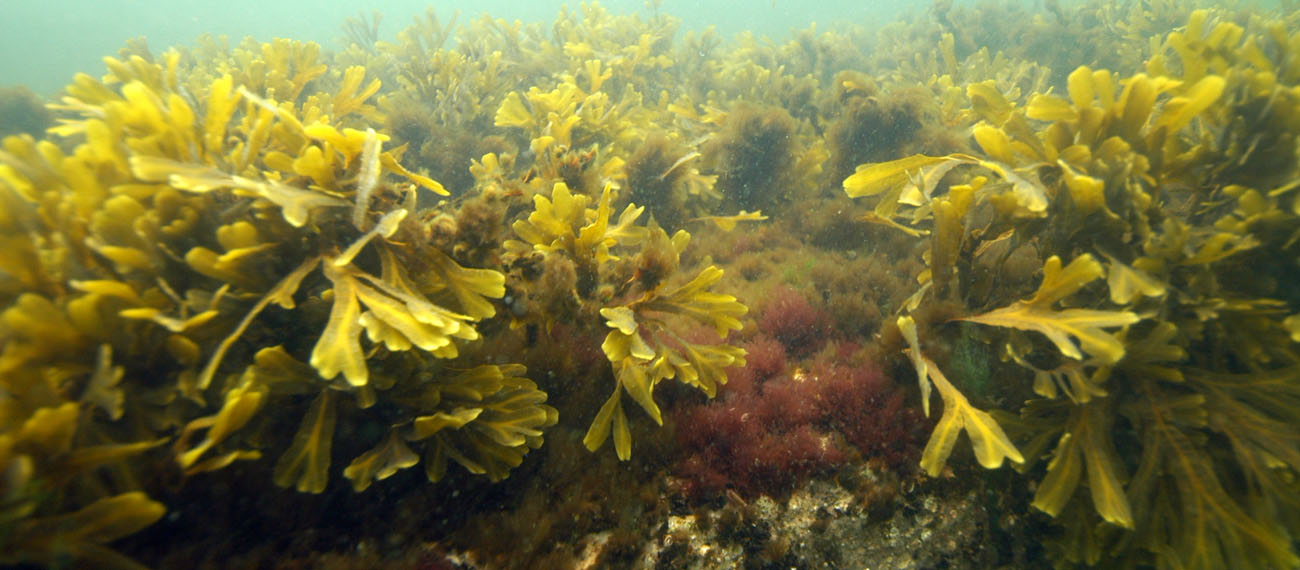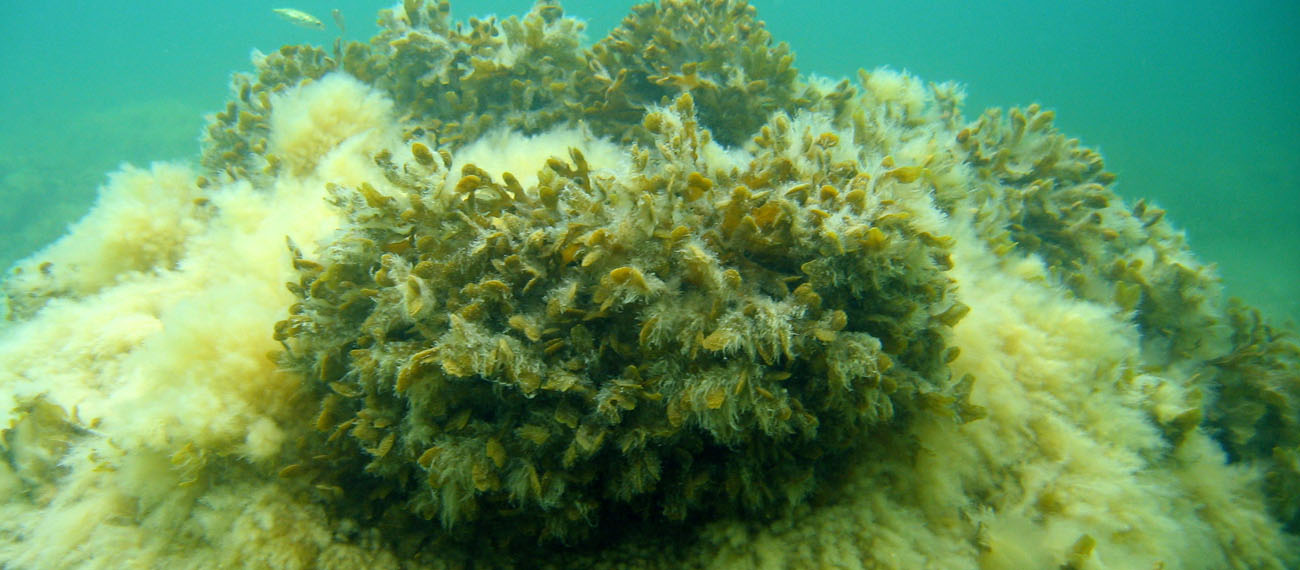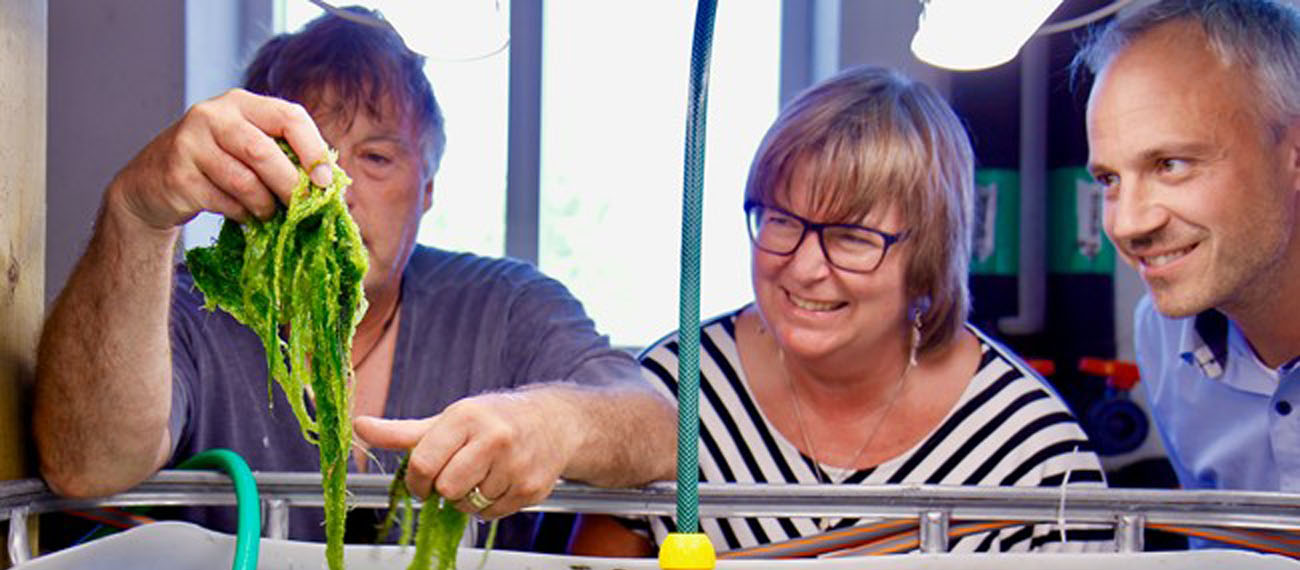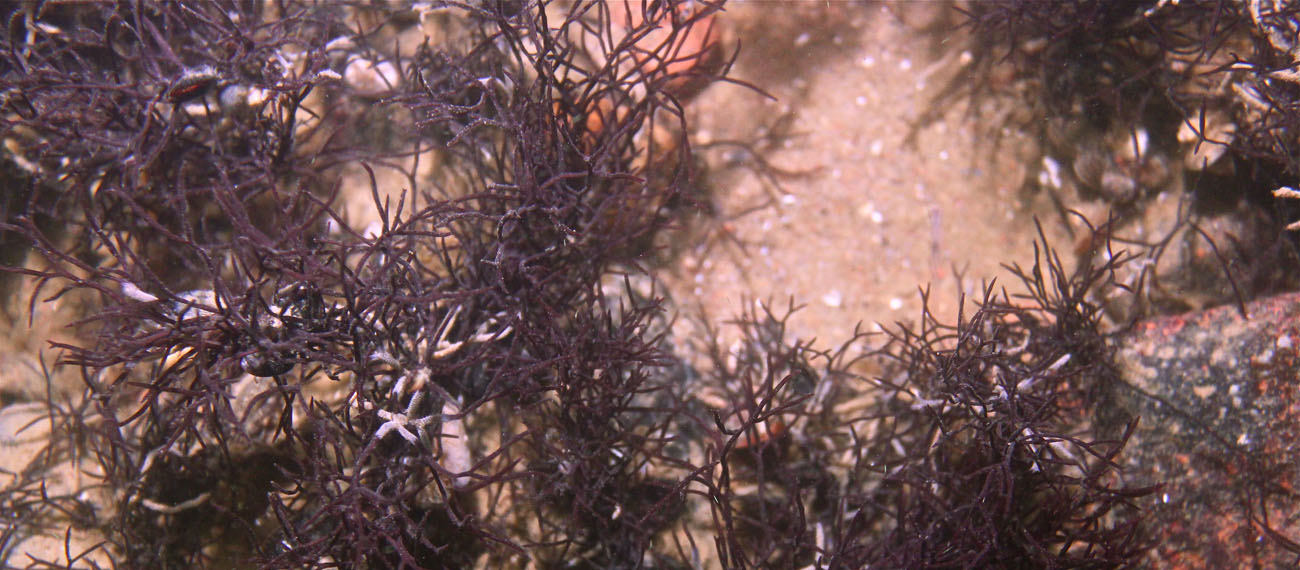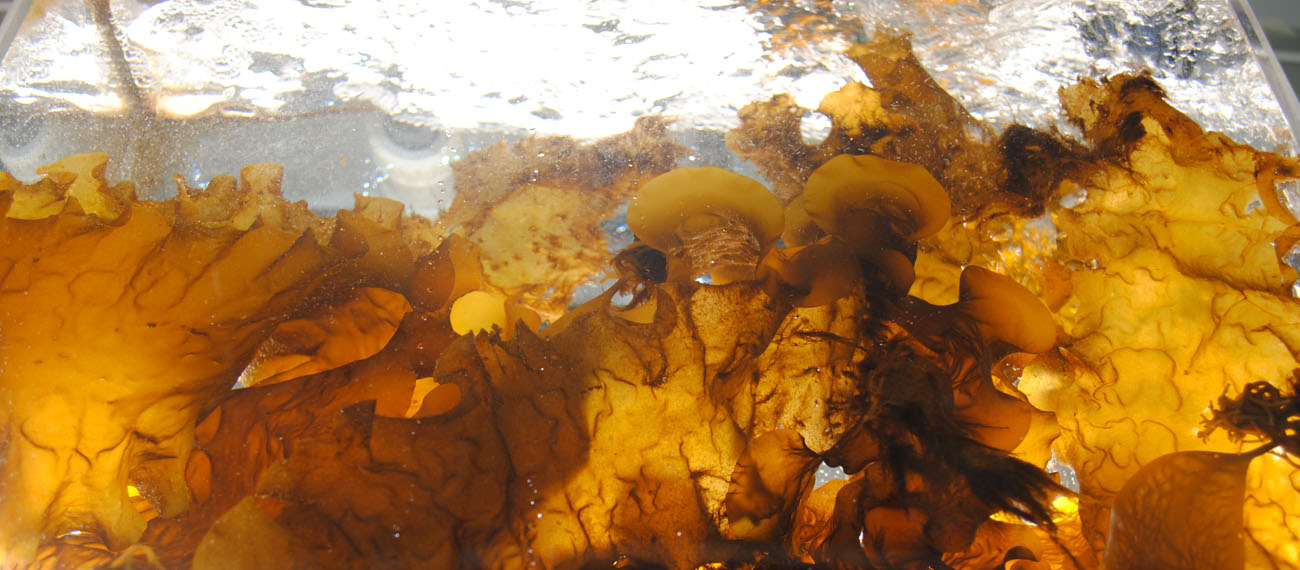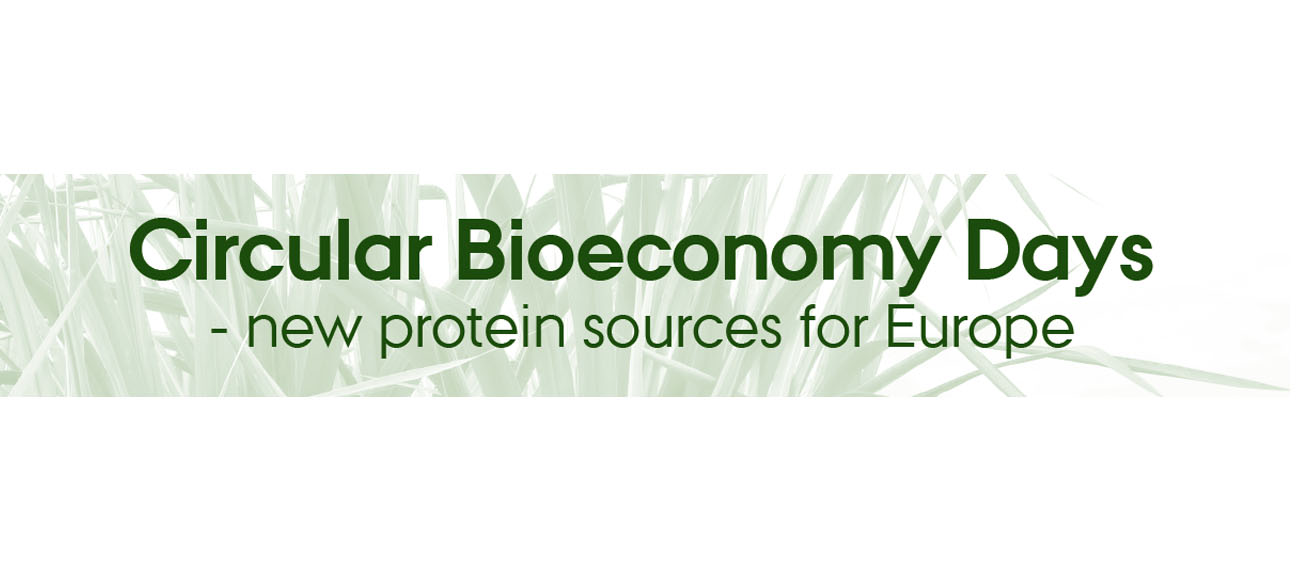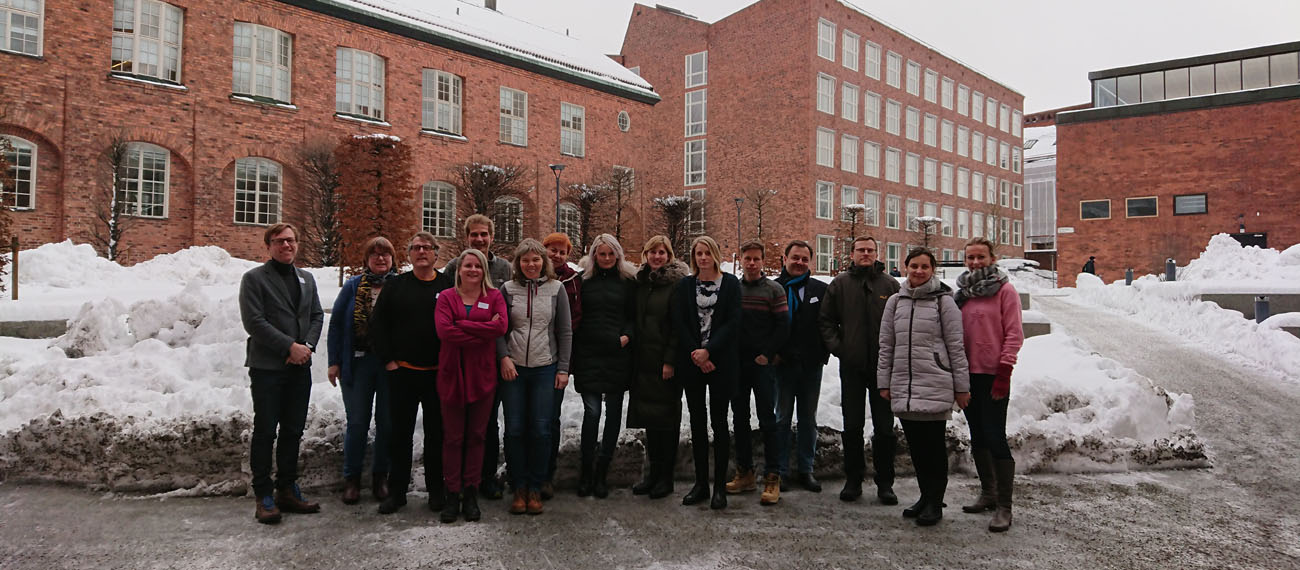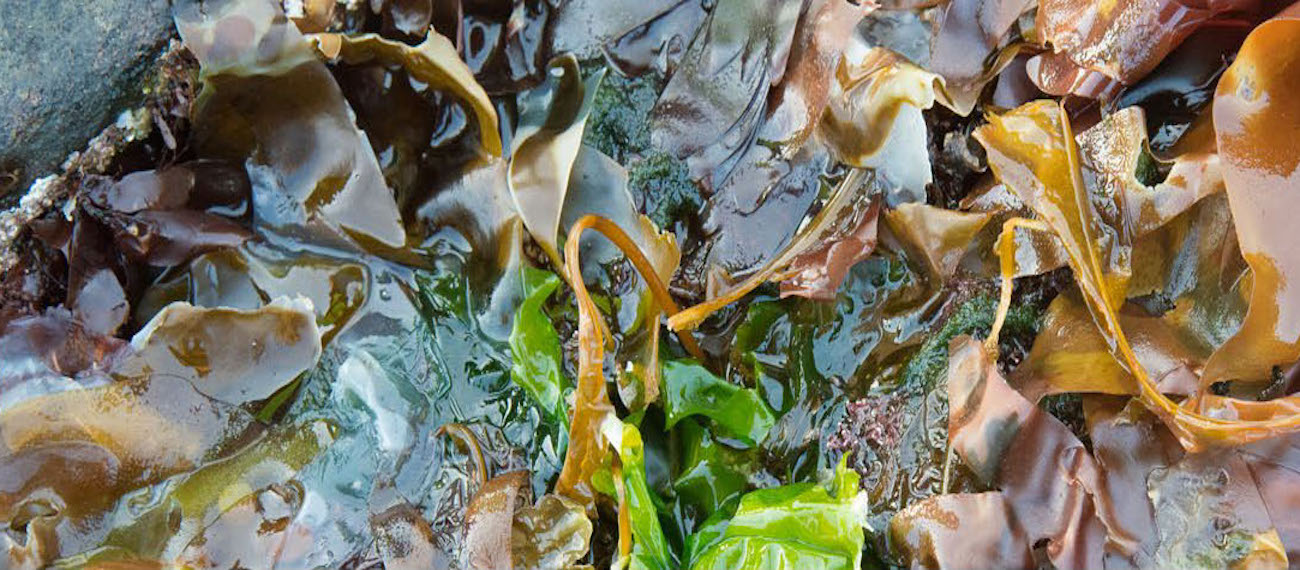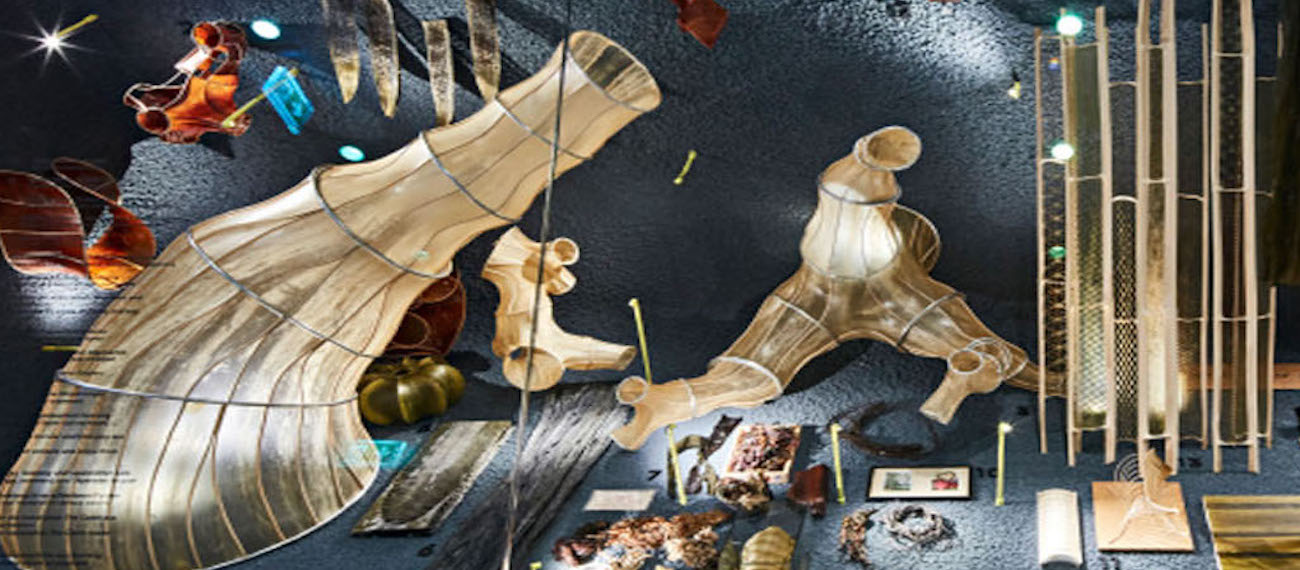GRASS Project
Growing Algae Sustainably in the Baltic Sea
Partners
-
Royal Institute of Technology (KTH)
The Royal Institute of Technology (Kungliga Tekniska Högskolan, KTH) in Stockholm is the largest, oldest and most international technical university in Sweden. No less than one-third of Sweden's technical research and engineering education capacity at university level is provided by KTH. Education and research spans from natural sciences to all the branches of engineering and includes architecture, industrial management and urban planning. Industrial Ecology at KTH has played a key role in the SUBMARINER project and is also a founding member of the Network. Associate professor Fredrik Gröndahl was responsible for the work with cultivation and harvest of macroalgae biomass in the Baltic.
-

Fredrik Gröndahl
phone: +46.8.790 61 58
email: fgro(at)kth.se
-
-
University of Tartu
The University of Tartu is the biggest and most prestigious classical university in Estonia. It was established by King Gustavus Adolphus of Sweden in 1632, thus being one of the oldest universities in Northern Europe. The Estonian Marine Institute of the university is providing scientific support on ecosystem based management of human activities related to sustainable use of the marine space and resources. Research is focusing on the marine biology and biodiversity, sustainable use of marine ecosystem services including the fishery resources, environmental safety of maritime transport, maritime spatial planning as a tool for practical implementation of the ecosystem based approach.
-
Jonne Kotta
phone: +3 725 056 583
email: jonne.kotta(at)sea.ee
-
-
Finnish Environment Institute (SYKE)
The Finnish Environment Institute (SYKE) is both a research institute, and a centre for environmental expertise. SYKE Marine Research Centre aims at producing information and new solutions that help decision-makers to promote the protection and sustainable use of the Baltic Sea. SYKE Marine Research Centre leads the Finnish Marine Research Infrastructure FINMARI and is nationally in charge of monitoring and research of the Baltic Sea.
-
Anne-Mari Luhtanen
phone: +358 29 5251814
email: This email address is being protected from spambots. You need JavaScript enabled to view it.
-
-
National Marine Fisheries Research Institute (NMFRI)
The National Marine Fisheries Research Institute (NMFRI) in Gdynia is Poland’s oldest marine science centre. It is a research and development unit supervised by the Polish Ministry of Agriculture and Rural Development. Originally dedicated to marine ecology, fisheries and fish food processing, NMFRI has become a place for interdisciplinary research on the Baltic environment and fisheries sector economy. The Institute investigates the natural and human impact on the Baltic Sea and its interactions with the economy and society. NMFRI performs and promotes research on processing technology, food safety, water quality, and utilization of marine ecosystems.
-
Tomasz Kulikowski
phone: +48 501 623 816
email: tkulikowski@mir.gdynia.pl
-
-
University of Turku
University of Turku is an active academic community of 25 000 students and employees, with a compact campus at the heart of Turku, Finland's oldest city.
Food Chemistry and Food Development Unit focuses on understanding the composition, nutritional properties, sensory qualities, and health benefits of food resources. The department investigates the impact of cultivars, environmental factors, and technologies on composition, quality, and bioactivities of food. The research utilizes state-of-the-art biochemical and chemical analysis, metabolomics, sensory science, in vitro models, and clinical intervention studies. University of Turku develops and applies green technologies for isolating bioactive molecules and flavor compounds as well as for improving the flavor and health benefits of food.
A special emphasis is put on the unique properties and sustainable utilization of the bio-resources in Finland and the Northern regions.
-
Baoru Yang
phone: +358 29 450 2917
email: bayang(at)utu.fi
-
-
Latvian Institute of Aquatic Ecology (LIAE)
The Latvian Institute of Aquatic Ecology (LIAE) is a state research institute under supervision of the Minister of Environment and regional development. Originally dedicated to basic and applied research of ecology and environmental problems in the Baltic Sea, LIAE has become the leading institution in the environmental expertise for marine and freshwater issues in Latvia. In the Latvian part of the Gulf of Riga and Baltic Proper LIAE is responsible for marine environmental monitoring. Within the SUBMARINER Network, LIAE is co-coordinator of the strategic action field Environmental impacts.
-
Ieva Barda
phone: +371 293 517 79
email: ieva.barda(at)lhei.lv
-
-
Submariner Network for Blue Growth EEIG
The SUBMARINER Network is a unique platform that brings actors from the whole Baltic Sea Region together to actively promote innovative and sustainable uses of marine resources. It operates across the whole knowledge triangle integrating perspectives from local to international scale, different science disciplines as well as policy and economic stakeholders.
-

Efthalia Arvaniti
phone: +49.30.832 1417 40
email: ea(at)submariner-network.eu
-
-
Republic of Estonia Ministry of the Environment
The Ministry of the Environment is in the literal sense the most nature-friendly ministry of Estonia. The task of the Ministry of the Environment is to create such prerequisites and conditions which ensure us and the following generations diverse nature and clean living environment as well as the sustainable use of natural resources. The Ministry of the Environment exists in all places over Estonia. The area of government of the ministry include The Environmental Board, The Environmental Inspectorate, Estonian Land Board, State Forest Management Centre (RMK), the Foundation Private Forest Centre (PFC), OÜ Estonian Environmental Research Centre, Geological Survey of Estonia, AS Estonian Map Centre, AS Ökosil, Estonian Environment Agency (KAUR), Estonian Museum of Natural History and Information Technology Centre of the Ministry of the Environment (KEMIT). Among others, the area of government of the ministry includes organising of national environmental and nature protection, environmental supervision, organising the use of external tools for environmental protection, as well as compiling strategic documents and draft legislation. Therefore, the Ministry of Enviroment is a key policy-making institution in the field of nitrogen management in the programme area also.
-
Martin Ott
phone: +372 626 2936
email: This email address is being protected from spambots. You need JavaScript enabled to view it.
-
-
Kurzeme Planning Region
Kurzeme Planning Region is a subordinated public entity under supervision of the Ministry of Environment Protection and Regional Development (MEPRD) which:
ensures planning and coordination of development of the Kurzeme planning region;
carries out the function of public administration in the area of public transportation in compliance to its competence;
ensures cooperation among municipalities and other state administration institutions (including development and implementation of regional projects).Being interested in regional development projects in coastal areas and having participated in the project Baltic EcoMussel, Kurzeme Planning Region wants to provide stakeholders with more detailed and practical results.
-
Aiga Petkevica
phone: +37 167 331 634
email: aiga.petkevica(at)kurzemesregions.lv
-
-
Uppsala University
Uppsala University is the Nordic region’s oldest university, founded in 1477. There are more than 40,000 students here and nearly 5,000 researchers and teachers who conduct world-leading research and offer a seemingly endless number of courses. Uppsala University is divided into three disciplinary domains: humanities and social sciences, medicine and pharmacy, and science and technology. These in turn consist of nine faculties and nearly 50 departments in total.
Uppsala University offers a unique range of subjects in science and technology. Research and education take place here across a broad spectrum encompassing biology, computer science, physics, earth sciences, chemistry, mathematics and technology. The faculty's successful research and education contributes to the University continually being ranked among the top 100 universities in the world.
-
Gunilla Rosenqvist
phone: +46 498108250
email: This email address is being protected from spambots. You need JavaScript enabled to view it.
-
News
-
Seaweed straws of B'ZEOS
The Norwegian startup B'ZEOS is devleoping a seaweed-based material capable of replacing plastic pellets that can be used to produce single-use plastics as straws.
-
The Critical Tide exhibition
A research laboratory that examines the oceans' wellbeing will open at the Design Museum on 6 September 2019.
-
Food from the sea – green algae as new sea truffles
Blue Center Gotland is working on the potential of algae in the food sector.
-
Seaweed projects in the Baltic Sea region
There are parallel running Interreg projects related to seaweed in the Baltic Sea region such as CONTRA (Conversion of a Nuisance To a Resource and Asset) and COASTAL Biogas (solutions based on anaerobic digestion of cast seaweed to coastal regions to tackle eutrophication, contribute to the transition to a circular bio-economy and improve prosperity).
-
EC report sets out guidance to meet growing global seaweed demand
The European Commission (EC) has released a report offering scientific guidance to help meet the growing global demand for seaweed species now accepted as novel food.
-
Circular Bioeconomy Days 2019
The Circular Bioeconomy Days 2019 will take place at Aarhus University, Campus Foulum, Denmark on 25 - 27 June 2019.
-
GRASS kick-off meeting
The project “Growing Algae Sustainably in the Baltic Sea” with the acronym GRASS is an Interreg BSR funded project from the 3rd call. GRASS aims to unlock the potential of macroalgae production and application in the Baltic Sea Region.
-
Algae for future
The project Algae2Future (A2F) aims to lay the foundation for industrial microalgae production in Norway by utilizing natural resources and waste streams from existing production lines within agriculture, aquaculture and process industry.
-
Workshop: Seaweed Design as Social Practice
The workshop about seaweed “Towards Regenerative Marine Industries” will take place between 24 February-10 March 2019 Kristineberg (Sweden) at the marine research station.
